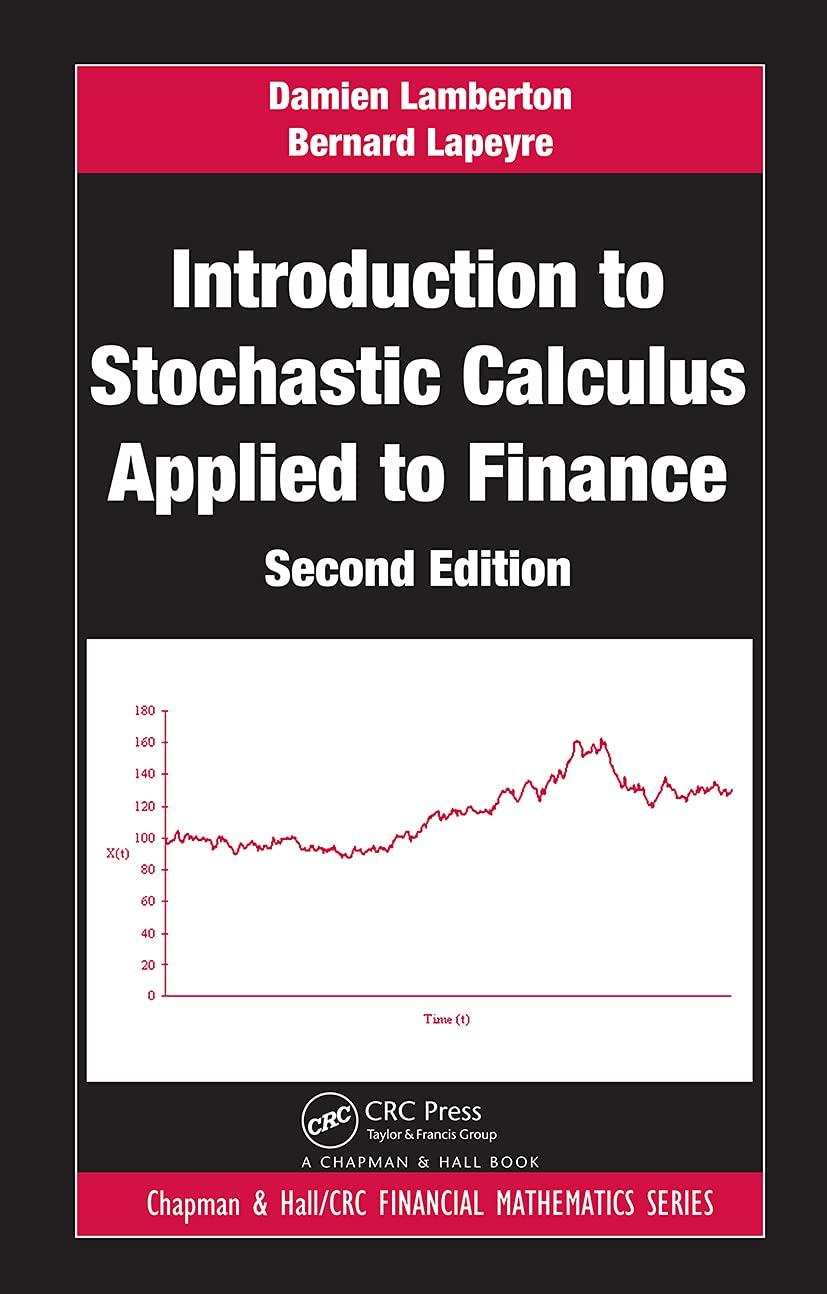(1 + r)n +HnSn =c(n, Sn). Since H0n and Hn are Fn1-measurable, they are functions of S1,...
Question:
(1 + r)n +HnSn =c(n, Sn).
Since H0n and Hn are Fn−1-measurable, they are functions of S1, . . . , Sn−1 only and, since Sn is equal to Sn−1d or Sn−1u, the previous equality implies H0n
Fantastic news! We've Found the answer you've been seeking!
Step by Step Answer:
Related Book For 

Introduction To Stochastic Calculus Applied To Finance
ISBN: 9781584886266
2nd Edition
Authors: Damien Lamberton, Bernard Lapeyre
Question Posted:






